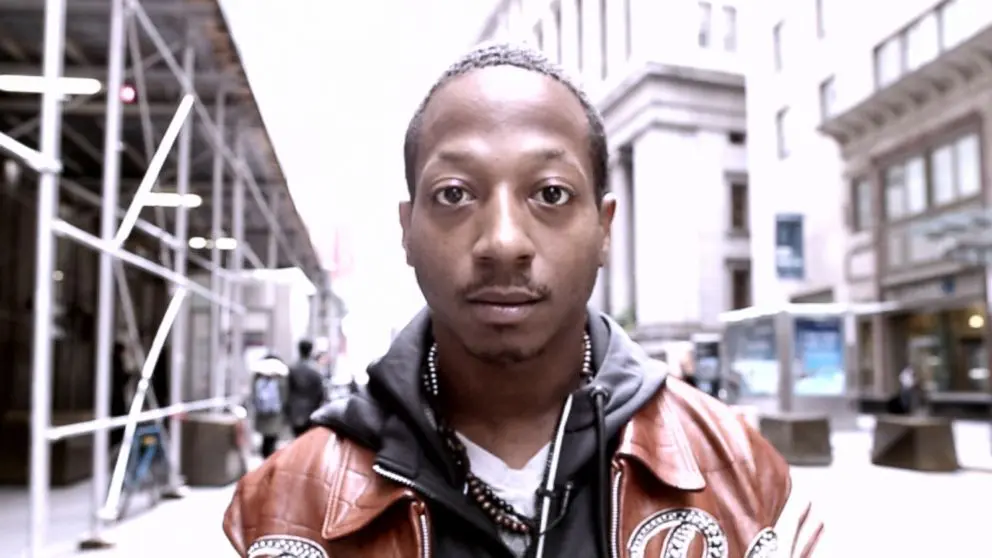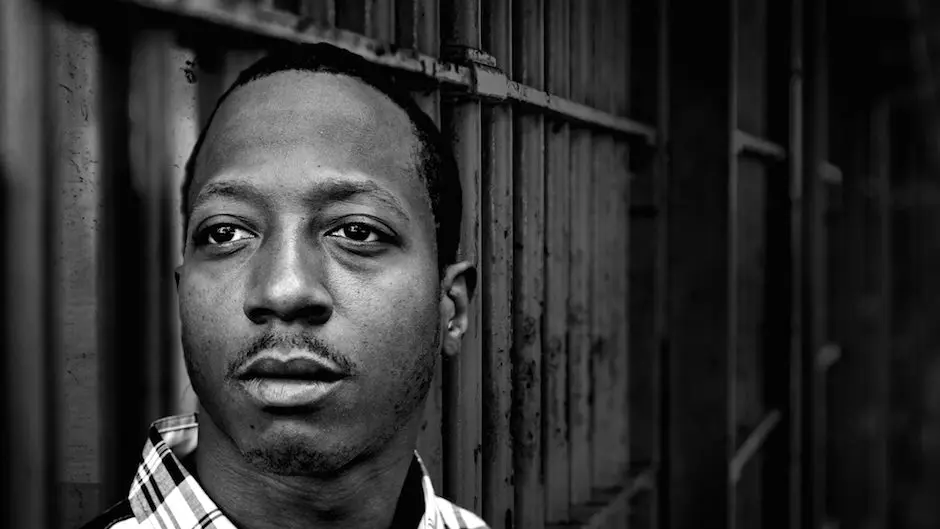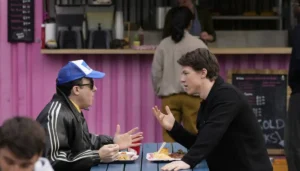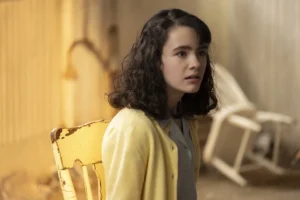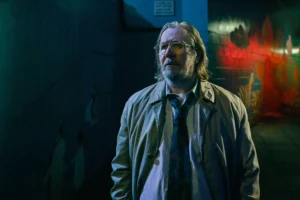If you have not watched this documentary, this opinion post contains major details on the story.
I have had enough of this shit. That is what I said to myself when Time: The Kalief Browder Story nearly reached its conclusion. I have honestly had enough of these stories. I am tired of seeing the YouTube videos, the news reports, the police footage, and I am especially tired of seeing the justice system systematically ruin black lives. What gave me the shivers when I first starting watching it is that I recognised Kalief. I had seen him on the news but I did not remember the story. It was part 4 when I realised something was not right. The tone of the interviewees changed. It became more emotional than usual. When I learnt of his fate and the credits rolled, I honestly wanted to cry, but I resisted. My tears will not bring Kalief back; nothing will. Before I played part 6 I took a mental break because I knew I had a question to answer first. What is Time: The Kalief Browder Story really trying to tell us?
I initially could not answer that question, so decided to witness the conclusion and watched part 6. I was speechless. It really strikes me that in the world we live in, we class ourselves as intelligent beings, and it is utterly shameful that as a society we have set up judicial systems that systematically hurt those based on lack of privilege and/or race, and ensures there are enough firm cogs in place to prevent accountability, thus protecting those in authority who are responsible. The fact of the matter is, this documentary undoubtedly proves something disturbing: the system in place murdered Kalief Browder and his mother. Yes, murdered. Usually, the run of the mill documentaries exaggerate, but with Time: The Kalief Browder Story there is no point in scaling around the edges. Jay-Z is the first one to point out the obvious: “So what if he did steal the backpack?”. It is the most salient point of the documentary. Stealing something should not result in hundreds of days in solitary confinement. It should not lead to trauma so bad that it leads to suicide.
You remember then, that Kalief is not even convicted. He has not gone to trial. There is no evidence. There is no witness. He is taking days of beatings, gang warfare, undisciplined correction officers and near-death experiences for literally nothing, whilst the court system lacks the backbone to recognise that nothing is progressing. You find yourself plenty of times asking how is this possible in today’s world? Have we really not progressed at all? A majority of people usually disagree when I argue that we have not really made strides, but you have to question; what does progression mean if situations like this happen. One step forward. Two steps back.
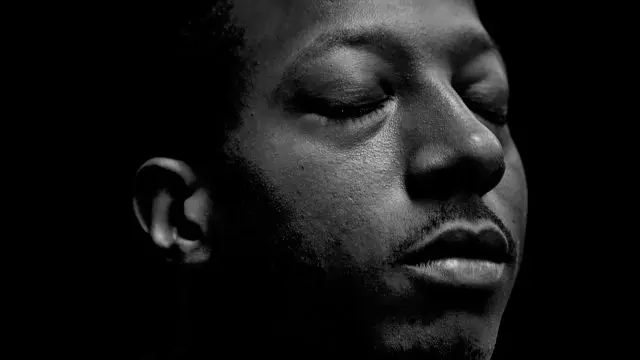
As I sat there replaying each part in my head I agreed with the notion that Kalief is a symbol. There is something about his appearance that cannot be forgotten. Each part of the documentary there is a sense of real bravery from the young man. Yet there is utter sadness, because it is obvious this documentary did not plan for him to commit suicide. You are listening to a man that is so fed up with authorities using the system to imprison black people and force those not as privileged into plea bargains, that he allowed himself to remain in prison to prove a point. As I witnessed the documentary explain what solitary confinement on Rikers Island entails, I immediately stated that I would take the plea. 99% of you would. Kalief is a modern day prophet and he has no idea what change he may have spurred.
Back to my original question; what does Time: The Kalief Browder Story tell us? The answer is that it explains to us our reality. We do live in a world of segregation, racial hatred, authoritative abuse and systematic discrimination. Some of you will read that and think “I can’t see it”. No you cannot. Why? Because like everything else, society evolved and got better at it. If it is not lynching black people on the streets it is making sure we find reasons to put them in prison. If it is not making them slaves it is making sure that the segregated black areas get less funding for education. And so on. There is always a way, and if anything, Rikers Island proves a great deal. Even if it is only one example.
In the end, Time: The Kalief Browder Story backs up the claim by documentary 13th. Black slavery in America never ended. Take a good look at Kalief below. He will not be forgotten in the history books for a very long time.
